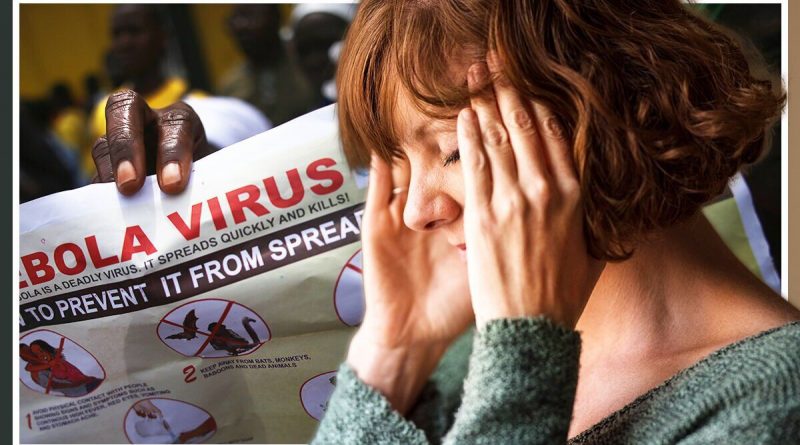Ebola symptoms: 11 key symptoms of Ebola virus disease – what to do if you have them
Ebola: Guinea Health Agency declares 'pandemic' in February
We use your sign-up to provide content in ways you’ve consented to and to improve our understanding of you. This may include adverts from us and 3rd parties based on our understanding. You can unsubscribe at any time. More info
Ebola virus disease (EVD) is a deadly illness with outbreaks that occur mostly on the African continent. This contagious virus spreads through direct contact with the blood, body fluids and tissues of animals – but what are the key signs of infection? These are the known symptoms of Ebola virus, and what to do if you experience them yourself.
What is Ebola?
Formerly known as Ebola haemorrhagic fever, Ebola virus disease (EVD) is a severe, often fatal illness affecting humans and other primates.
The World Health Organisation (WHO) said: “The virus is transmitted to people from wild animals (such as fruit bats, porcupines and non-human primates) and then spreads in the human population through direct contact with the blood, secretions, organs or other bodily fluids of infected people, and with surfaces and materials (e.g. bedding, clothing) contaminated with these fluids.”
According to the NHS, the risk of catching the Ebola virus disease while travelling in Africa is small, though people who undertake hospital work, laboratory work, or aid work while visiting the continent should be aware of the symptoms.


What are the symptoms of Ebola virus?
Ebola virus disease is often fatal, with one in two people dying from the disease after infection.
While there are two licensed vaccines which can be used to help prevent the disease, a person has the best chance of survival when they receive care at the first signs of infection.
According to the NHS, symptoms often start suddenly, between two and 21 days after contracting the virus.
Fever-like symptoms are the most common signs of EVD, though it can also cause internal bleeding and compromise some organ functions.

The NHS recognises the following symptoms as “typical” signs of Ebola virus:
- A high temperature
- A headache
- Joint and muscle pain
- A sore throat
- Severe muscle weakness
These symptoms are often followed by:
- Diarrhoea
- Vomiting
- A skin rash
- Stomach pain
- Reduced kidney and liver function
The NHS said: “The infection may then cause internal bleeding as well as bleeding from the ears, eyes, nose or mouth.”
DON’T MISS:
Ebola outbreak: WHO sounds alarm as second patient dies from disease [LATEST]
UK Lassa fever warning after newborn baby dies of Ebola-like virus [INSIGHT]
Ebola: ‘Massive virus infection’ stays in brain for years [REVEAL]
See the latest Covid vaccine stats below and visit InYourArea for all the Covid vaccine latest
What to do if you experience Ebola virus symptoms
To this day, no one has ever caught Ebola from someone else in the UK, making it extremely unlikely that your symptoms are linked to EVD.
The people most at risk of contracting the disease are travellers who have cared for infected people while visiting Africa.
If you have recently returned from the continent and experience any of the listed symptoms, NHS advice states that you should call NHS 111, or contact your GP immediately.
In some cases, what seems like the Ebola virus could actually be another serious condition such as cholera or malaria.
For this reason, it is important to seek medical attention in order to complete the appropriate tests and receive the correct treatment for your illness.
How is Ebola spread?
Ebola can spread through human-to-human transmission via “direct contact” with broken skin or mucous membranes.
According to the WHO, the blood or bodily fluids of a person who is infected, or has died from the virus is just one way to contract the disease.
Objects that have been contaminated with such fluids – (blood, faeces or vomit) can also help the disease to spread.
Pregnant women who get acute Ebola and recover from the disease may still carry the virus in breastmilk, or in pregnancy-related fluids and tissues.
The WHO said: “This poses a risk of transmission to the baby they carry, and to others. “Women who become pregnant after surviving Ebola disease are not at risk of carrying the virus.”
Source: Read Full Article



